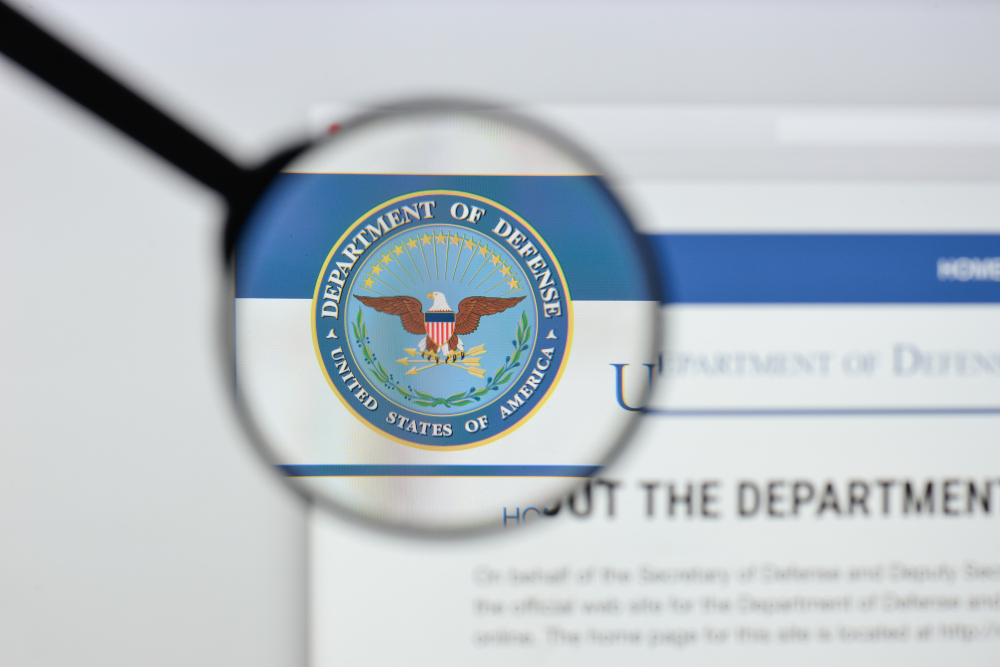On January 29, 2024, the Department of Defense’s Chief Digital and Artificial Intelligence Office (CDAO) launched AI Bias Bounty exercises.
These programs aim to crowdsource the detection of biases in AI systems, with a particular emphasis on large language models (LLMs).
The initiative is part of the CDAO’s broader effort to integrate and optimize safe AI across the DoD.
The repercussions of unchecked AI biases are far-reaching, manifesting in various sectors, from law enforcement and financial services to healthcare and beyond.
Instances of AI misidentifying individuals involved in crimes, denying unjust credit, and misdiagnosing patients in medical settings underscore the critical nature of bias in machine learning systems.
In many cases, biased datasets embed bias into machine learning systems. For instance, the seemingly innocuous MIT Tiny Images dataset contained offensive content. More recently, the LAION-5B dataset, used for image models like DALL-E, was found to contain child sex abuse material.
Matthew Johnson, the Acting Chief of the DoD’s Responsible AI (RAI) Division, spoke of the CDAO’s initiative, stating, “The RAI team is thrilled to lead these AI Bias Bounties, as we are strongly committed to ensuring that the Department’s AI-enabled systems – and the contexts in which they run – are safe, secure, reliable, and bias-free.”
The first phase of this groundbreaking program focuses on uncovering and addressing the unknown risks associated with LLMs, starting with open-source chatbots.
Participants can earn monetary rewards based on their contributions, evaluated by ConductorAI-Bugcrowd and funded by the DoD.
Results could guide new policies and recommendations. Craig Martell, the Chief Digital and Artificial Intelligence Officer, noted, “Given the Department’s current focus on risks associated with LLMs, the CDAO is actively monitoring this area; the outcome of the AI Bias Bounties could powerfully impact future DoD AI policies and adoption.”
The US government has recruited AI researchers and hackers to investigate and red-team models, including when they endorsed a session at the Def Con hacking convention in Las Vegas.





